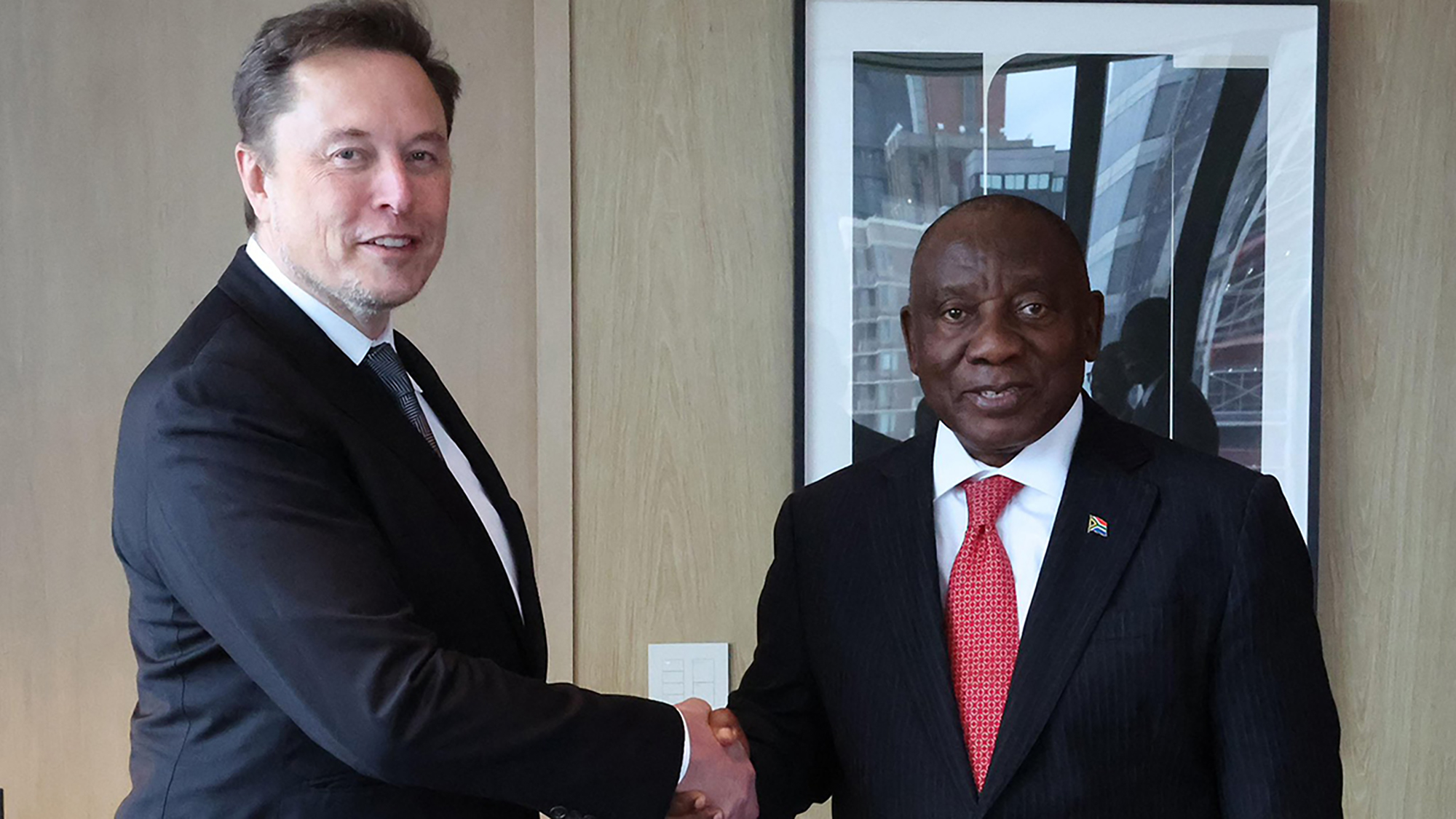The statement reveals that it is more nuanced than Daily Maverick first reported.
On paper, it’s a “Proposed Policy Direction on Broad-Based Black Economic Empowerment”. But dig a little deeper, and it’s now clear that Minister Solly Malatsi is trying to get some investment gains in exchange for ruffling some equity feathers.
This isn’t about ditching transformation. It’s about reinterpreting it, and, in the process, rewiring South Africa’s (SA’s) digital future.
Here’s what’s really going on behind the policy jargon, and why it matters whether your internet comes from a cellphone tower or a low-earth-orbit satellite:
Jumping off the edge
The “Proposed Policy Direction on Broad-Based Black Economic Empowerment”, gazetted today on Friday, 23 May 2025, instructs the Independent Communications Authority of South Africa (Icasa) to align its licensing regulations with Equity Equivalent Investment Programmes (EEIPs).
Currently, companies seeking individual licences under the Electronic Communications Act must ensure that historically disadvantaged groups hold at least 30% equity ownership.
Think of EEIPs as the “transformation debit card” for multinationals. Instead of giving up equity, companies can invest in South African economic empowerment through skills development, digital infrastructure, local SMME funding, or rural connectivity projects.
Ministerial backflips
“These regulations do not currently allow companies (to) contribute to South Africa’s transformation goals in ways other than traditional ownership to qualify for individual licences,” Malatsi said in his official announcement accompanying the updated policy direction.
“Transformation is non-negotiable.” But, he adds, transformation doesn’t have to mean shareholding alone. “All players must contribute meaningfully to equity, skills development and economic inclusion,” he says.
In other words…
If you can’t meet the 30% ownership rule, show us the money – and show us how it empowers people.
The policy direction doesn’t mention Starlink by name. But it’s the not-so-invisible satellite in the room.
Earlier the regulatory debate around Icasa’s proposed satellite licensing framework saw major pushback from the likes of MTN, Telkom, Vodacom and Sentech (who still marshal the digital highways). Their main worry? That satellite-based newcomers (Vodacom is also a player, but can leverage its existing licenses) could bypass the hurdles they’ve had to jump over for years.
“Regulatory parity” was the rallying cry — if you’re providing the same service, you must follow the same rules. No free rides from orbit.
Read more: SA submits wide-ranging trade and investment proposal to US
By creating a legally sound, EEIP-based path to compliance, Malatsi’s policy direction answers a key criticism: multinational satellite operators won’t be exempted but they will be included, provided they invest where it counts.
“Even if companies are not rolling out large-scale infrastructure, they will be required to make commitments that are substantive and clearly aligned with South Africa's socio-economic development goals,” the minister clarified.
Building a bridge, not a bypass
The B-BBEE policy direction is not part of Icasa’s satellite framework inquiry, but it speaks directly to one of the most contentious issues in that space: equity ownership.
Telkom, Sentech and others previously argued that SA didn’t need a new legal framework for satellites; it just needed to use the ECA and existing rules properly. The new direction leans into this, instructing Icasa to use existing sector codes — like the B-BBEE ICT Sector Code — and recognise EEIPs as part of the licensing process.
In other words ...
This move is less about rewriting the rulebook and, to Malatsi’s credit, more about finally reading the whole thing.
Read more: Minister Malatsi’s bid to get Starlink deal into orbit is weighed down by opposition
Where to from here?
This policy direction isn’t final yet. Public comments are open for 30 working days. But once enacted, it gives Icasa the political and legal backing to update its ownership regulations and explicitly allow EEIP-based compliance.
That’s the signal global tech giants have been waiting for.
Will Starlink come knocking? That’s now less a matter of law and more a matter of willingness — and dependent on investment. The new message from the government is clear: You don’t have to sell shares, but you do have to buy in. DM





